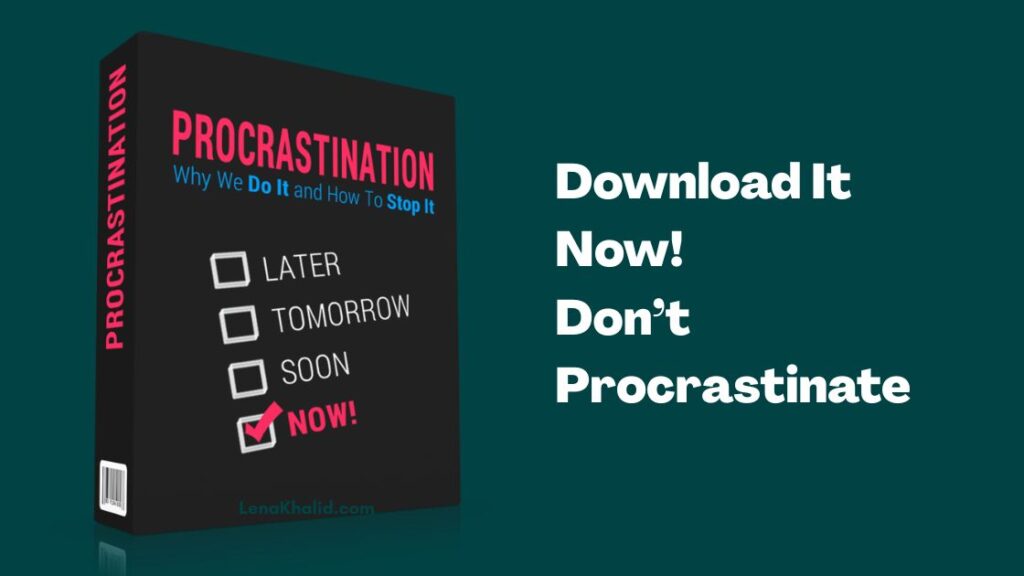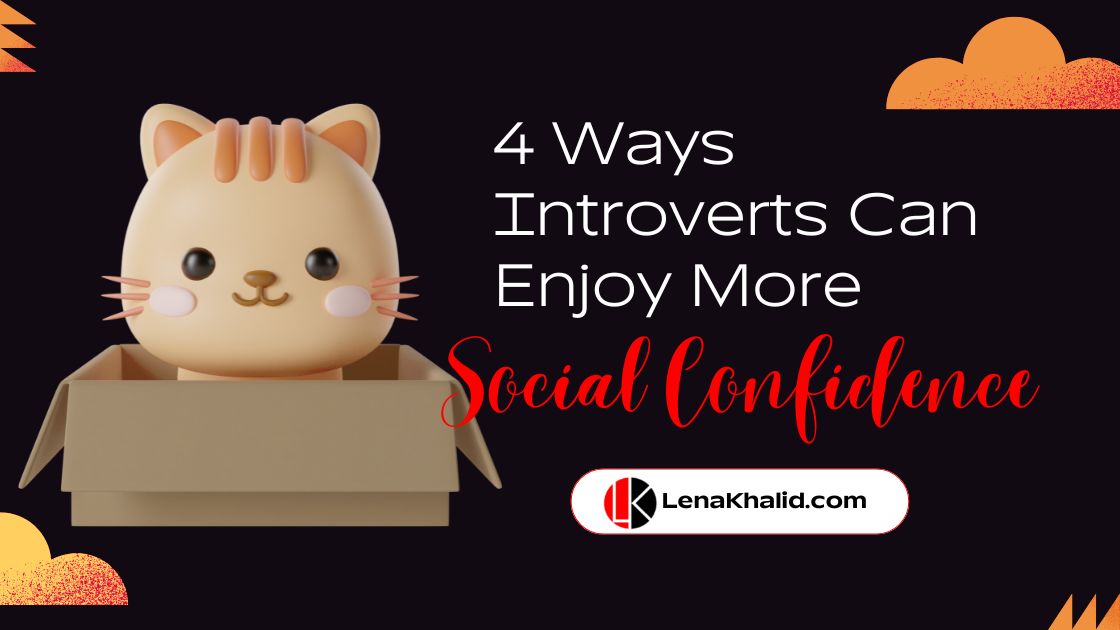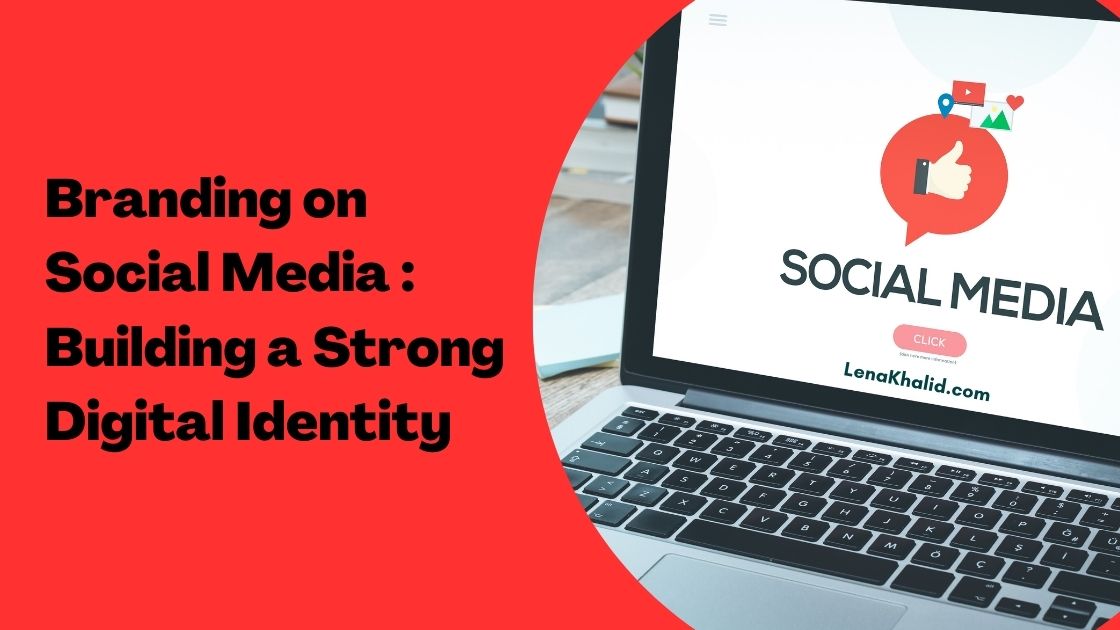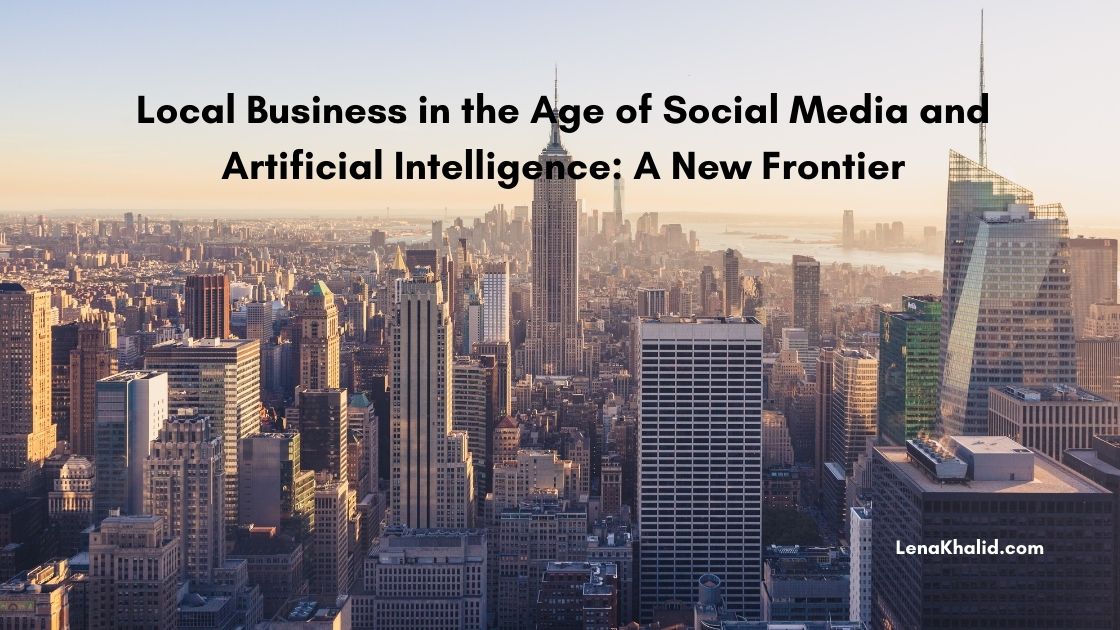
Social Media Anxiety Is A Real Problem. This Book Author Knows What To Do About It

There’s a reason why you are doomscrolling.
It’s not because you actually care that much about athleisure apparel or what Aunt Edna is doing on her vacation. In fact, you shop at Kohls and you barely know Aunt Edna.
Many of us doomscroll because we are dealing with stress, and it’s an easy way to tune out the world and pretend we’re interested in all of those Instagram posts.
For years, I’ve assumed social media fixation is related to dopamine hits in our brains, and that’s mostly true. The micro-rewards make us feel good so we keep looking for more and more posts, especially those that mention us by name. We often post on Facebook because we are looking for a micro-reward later on when our friends and family affirm us with a like or comment.
This might only be part of the reason we’re so fixated, though.
Adam Alter is a book author and marketing professor. His new book, Anatomy of a Breakthrough: How to Get Unstuck When It Matters Most, is brilliant and highly readable. About halfway in, Alter mentions something that made me sit up in my chair and take notice.
For most of us, anxiety is like a signal. It’s actually helpful and can alert us to danger or that it might be time to change course.
When you feel stressed out about a math exam or a big project at work, that stress is an indicator that you care about the topic and you should pay attention. In many ways, stress is a gift — it can save us from imminent danger.
As he says in the book: “Anxiety is an all-purpose warning system that tells you something’s wrong.” Anxiety might be a doorway to freedom.
That’s because, for those of us stuck on our phones flipping through TikTok videos, the signal might be loud and clear: We are trying to satiate ourselves.
This is deeply personal for me. I don’t deal with anxiety on a regular basis, but I am someone who looks for easy ways to deal with pressure. As a kid, family drama and school dilemmas would arise and I’d look for easy solutions, as opposed to viewing that stress as an indicator that something was wrong and that I needed to make changes or address problems.
Social media is the same way. It’s easy to access and works well as a short-term fix. We turn to these apps because we don’t have the time or resources to deal with deeper issues.
I asked Alter about this — how social media is a distraction from real life. The first issue he mentioned is that it’s easy to get stuck in the repetition. He said it’s a good idea to ask why you are using social media and if there is a goal involved. “Over time, social media is draining and demanding. A lot of people do feel stuck [using it],” says Alter. “A lot of people see a social reward from sharing their lives; for other people it is a loose, endless activity.”
Alter says it’s important to decide what is driving you on social media, and how you are using it to relieve stress and anxiety. He says it’s okay to take a break to find out what is motivating you to use social media, and whether it’s simply a stress reliever.
If you are stuck on social media, endlessly scrolling to relieve anxiety, the answer might be right in front of you when you login to the apps. Constant social media used to relieve stress is a signal and a sign that there’s something you are trying to escape from.
If social media is the temporary fix, it might be a wake-up call to find long-term answers.
In my case, I’m planning to take a break from one app (Instagram) and see why it has such an allure for me and why I’m using it to relieve stress by scrolling. Alter agreed it might be a good experiment for me to see why it’s a way to deal with stress.
I’ll report back after taking a break if there are any new answers. For now, it’s a relief to know — perhaps social media has provided a doorway for all of us, a signal that there is a deeper, more critical and underlying problem worth solving.





